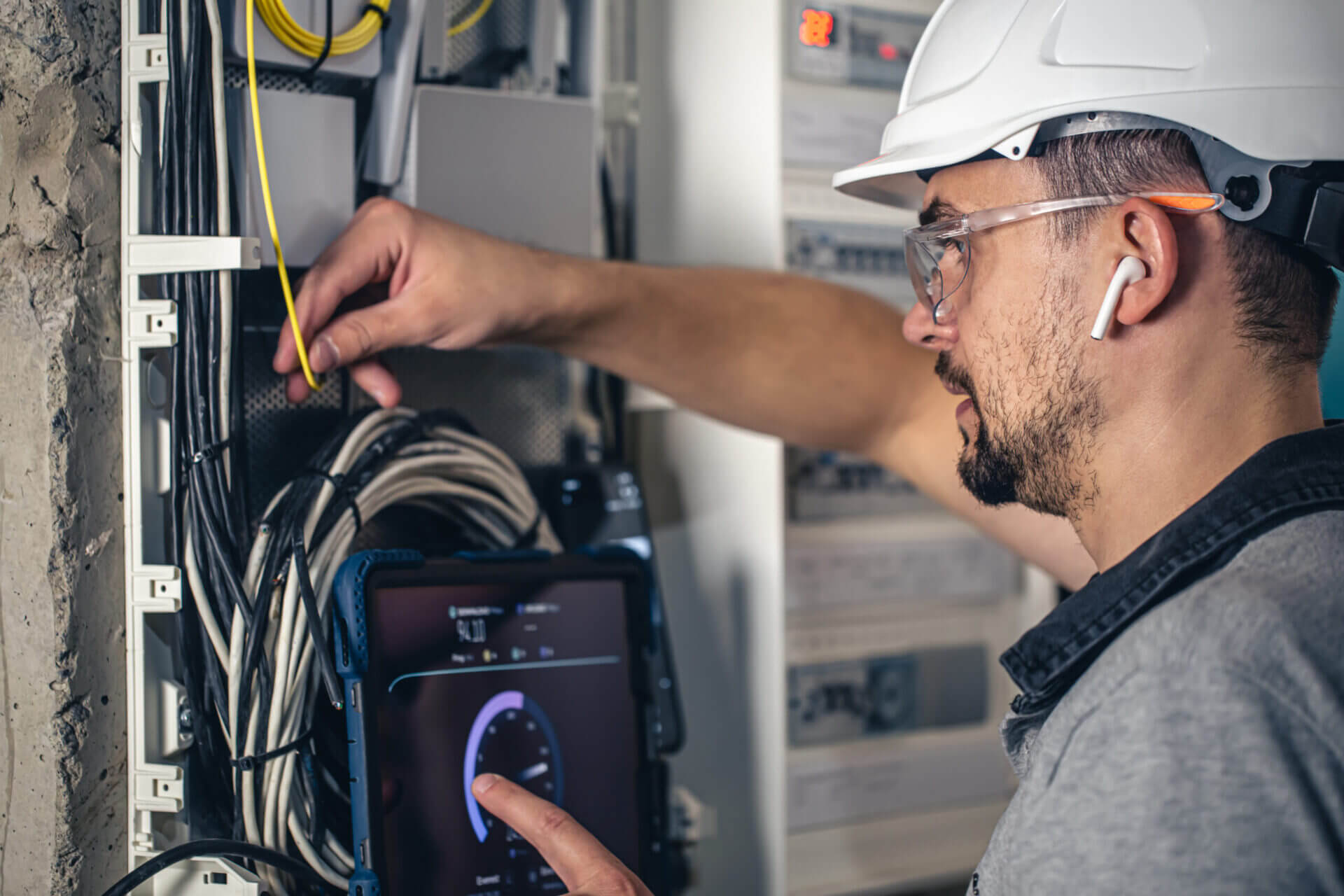Home » EV Charging Station Installation Guide

As electric vehicles (EVs) become more popular, having a reliable charging solution is essential. Whether at home or for commercial use, installing an EV charging station offers convenience, cost savings, and energy efficiency. With an at-home charger, you can avoid long waits at public stations. Businesses can also benefit by attracting EV drivers and promoting sustainability.